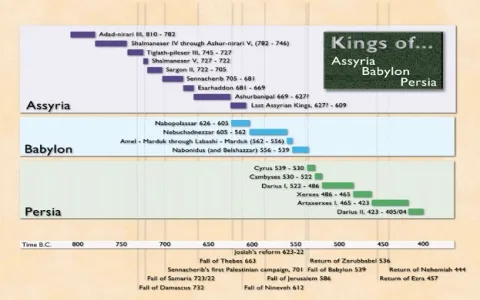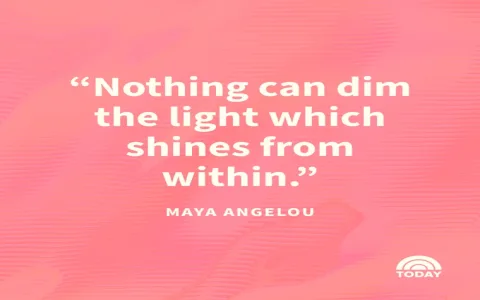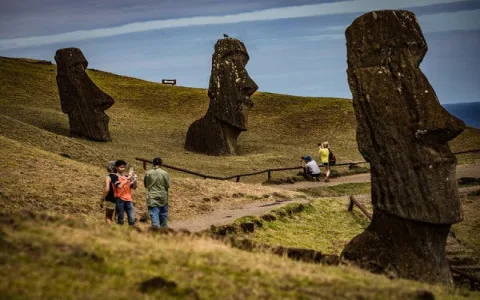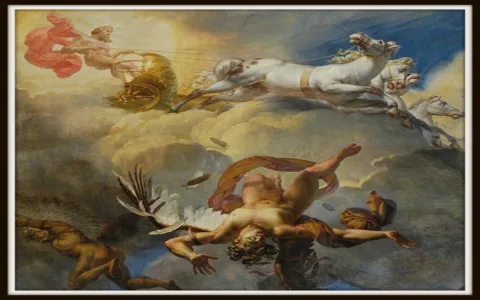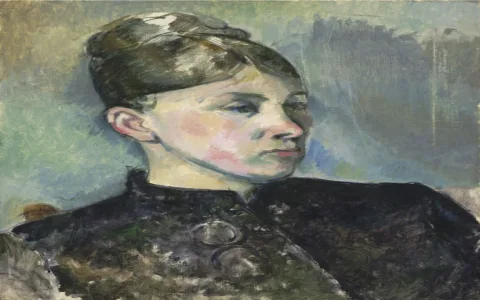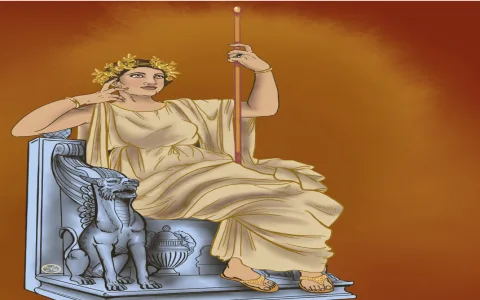Okay so yesterday I decided to really get into Polynesian gods and goddesses. Heard the names like Maui or Pele thrown around, but honestly? Didn’t know squat about their actual stories or where they even came from. Just bits and pieces from movies or random memes, you know? Wanted the real deal.
The Google Nightmare Begins
First thing I did, obviously, was hit up Google. Typed in “Polynesian gods.” Big mistake. Ended up drowning in a sea of garbage. Tourist websites trying to sell me luaus, cheesy listicles like “Top 5 Polynesian Deities You NEED To Know!”, and endless repeats of the same vague info about Pele and Maui. Felt like I was going in circles. Zero depth, zero real sources. Totally frustrating.
Social Media? Not Much Help Either
Figured, hey, maybe folks on social media have good tips. Hopped onto a couple of groups talking mythology. Asked, “Where do I actually learn about Polynesian gods properly?” Got a few replies, mostly pointing back to… you guessed it, those same basic websites I just saw. Or worse, someone suggested Wikipedia. Not exactly the deep dive I was hoping for. Saw one person mention academic stuff, but they were super vague. Back to square one.
Started thinking maybe books were the answer. But which books? Went browsing online. Found tons about Greek, Norse, Egyptian myths… Polynesian stuff? Buried deep. A few titles popped up, looked promising, but pricey. Hesitated to drop cash without knowing if they were legit.

Getting Serious: University Websites
Decided to get smarter about it. Remembered that universities with Pacific Studies programs might have actual resources. Finally! Found some university library pages online. Started seeing references to academic journals, specific researchers, and actual collections focused on the Pacific. This felt more solid. The names of anthropologists and historians who actually lived in the islands or worked closely with communities started appearing. Way better than “Top 5 Gods” crap.
The Gold Mine: Collections and Trusted Names
Following those university links led me to some real treasures. Found digital collections – old missionary records (careful with those biases!), transcriptions of chants, collections focused specifically on places like Hawai‘i, Tahiti, Samoa, Aotearoa (New Zealand).
Key things I learned to look for:
- Specific Groups: “Hawaiian Mythology,” “Maori Cosmology,” “Society Islands Legends” instead of just “Polynesian.” Huge difference!
- Reputable Anthologies: Found mentions of books compiling oral traditions collected decades ago by people who spent serious time listening.
- Academic Papers: Targeted searches using deity names plus “mythology” or “oral tradition” led to abstracts and sometimes full papers discussing origins and meanings.
The Big Realization: No One True Source
Here’s the kicker I finally got: there is no single, perfect “Encyclopedia of Polynesian Gods.” Polynesia is massive, spanning dozens of distinct islands and cultures. A story about Maui in Hawai‘i might be totally different from a Maui story in Tahiti or New Zealand. Pele? Primarily Hawaiian, central to their creation stories and volcanic activity.
Trying to mash everything into one “Polynesian” box does a massive disservice. The best sources respect that uniqueness. My focus shifted:
- Pick an island group first (Hawaii? Samoa? Tonga? New Zealand?).
- Find sources focused specifically on that culture’s mythology.
- Look for works based on oral histories and translations by recognized scholars or cultural insiders.
- Prioritize university presses or museums over random websites.
What I Actually Found Useful
After this whole mess, here’s what actually helped cut through the noise:
- Dropping “Polynesian” and focusing my searches on specific island groups/cultures.
- Looking up university library guides for Pacific Studies or Anthropology departments.
- Searching for “[Island Group/Culture Name] oral traditions” or “[Specific Deity Name] mythology“.
- Getting the names of key historians and anthropologists associated with each culture (often cited in university sources or museum blurbs).
- Accepting that good info often costs money – legit books and journal access are sometimes necessary, way better than free fluff online.
It was a grind. Went from wanting quick answers to understanding that respecting the depth and diversity means putting in the work and knowing where to direct that effort. Hope this saves someone else from that initial Google hell!

